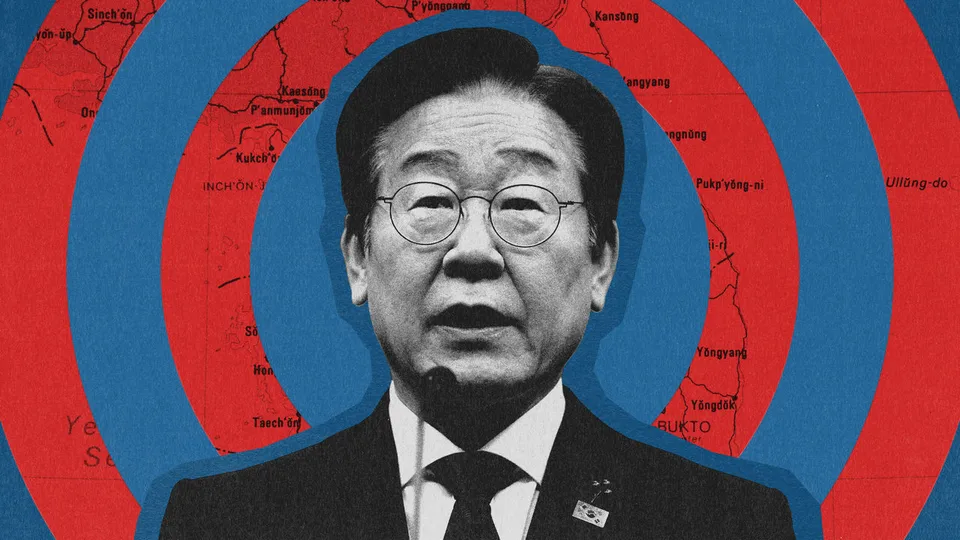WEBDESK, June 4, 2025 — Lee Jae-myung has officially assumed office as South Korea’s new president, following a resounding victory in a snap election that marked a dramatic political shift after months of national turmoil. Lee, representing the liberal Democratic Party, secured 49.42% of the vote, defeating conservative rival Kim Moon-soo, who garnered 41.15% . Voter turnout reached 77.8%, the highest since 1997.
The election was triggered by the impeachment and removal of former President Yoon Suk Yeol, who declared martial law in December 2024 in an attempt to override legislative gridlock. The Constitutional Court unanimously ruled the move unconstitutional, leading to Yoon’s ouster in April.
In his victory speech, Lee pledged to restore democratic norms, heal national divisions, and revitalize the economy. “I will unite the country and end the political and economic crises,” he declared. Lee also vowed to hold accountable those responsible for the martial law declaration.
Lee’s ascent to the presidency is notable for his humble beginnings. Born into poverty, he worked as a child laborer before becoming a human rights lawyer and entering politics. Known for his populist style and progressive policies, Lee has promised expansive social reforms, increased welfare spending, and regulatory oversight of conglomerates.
Despite his victory, Lee faces significant challenges, including a struggling economy, a polarized electorate, and strained relations with North Korea. He has pledged a pragmatic foreign policy, affirming alliances with the U.S. and Japan while seeking re-engagement with North Korea.
READ MORE: Is Schengen visa rejection becoming a business? Africans and Asians lose big
Lee’s presidency marks a crucial shift in South Korean politics, balancing international relations with China, North Korea, Japan, and the U.S. South Korean markets reacted positively, expecting economic reforms under the new leadership.
Lee’s term begins immediately without a customary transition period, as he inherits a government in crisis. His administration will need to navigate tense U.S.-South Korea trade issues, including upcoming tariff hikes by the Trump administration, while maintaining relations with China, South Korea’s top trading partner.
As Lee Jae-myung takes the helm, South Korea embarks on a new chapter, with hopes of restoring stability and democratic integrity after a period of unprecedented political upheaval.


